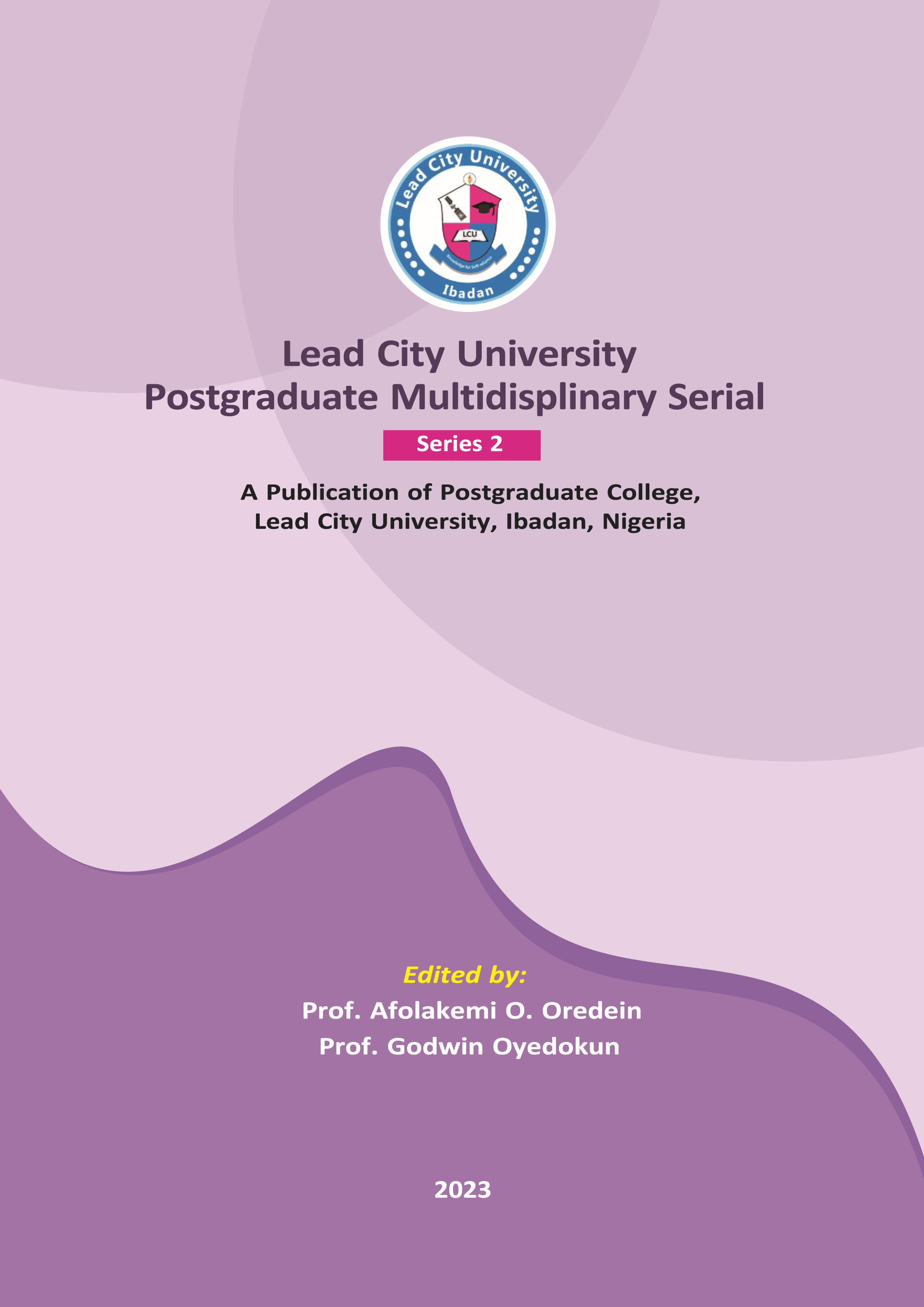Fostering Student Success in the Changing Job Market: Transferable Skills through Experiential Learning
Keywords:
Changing job market, employability, experiential learning, higher education, John Dewey's theory of experiential education, transferable skills, university studentsAbstract
Amidst the ever changing job market necessitated by change in technology and its accompanied
disruptions, developing graduate employability becomes crucial for higher education (HE). While
AI and technology may replace some jobs, unique human skills are challenging to replicate.
However, as disruptive technologies reshape the workforce, demand for highly skilled employees
increases, shifting the focus from solely degree requirements to alternative measures of graduates'
work preparedness. The paper explores the importance of transferable skills in navigating the
disruptive job market and how experiential learning, based on John Dewey's theory, fosters these
skills. These skills transcend specific job roles and industries, enabling students to remain adaptable
and resilient in unpredictable career trajectories. Experiential learning is an educational approach
that actively engages students in real-world experiences, allowing them to apply theoretical
knowledge to practical situations. Specifically, the paper examines the components of experiential
learning as presented in Dewey's theory of experiential education along with some of the activities
to embrace them in Higher Education Institutions. The experiential learning activities considered
inter alia are work experience of all forms, project based learning, field trips, community
engagement and employers and alumni engagements. The paper also offers practical guidance for
implementing these activities effectively, empowering Higher Education Institutions to foster
students' transferable skills. This equips students with the confidence to navigate dynamic
workplaces and attain sustained career success.

